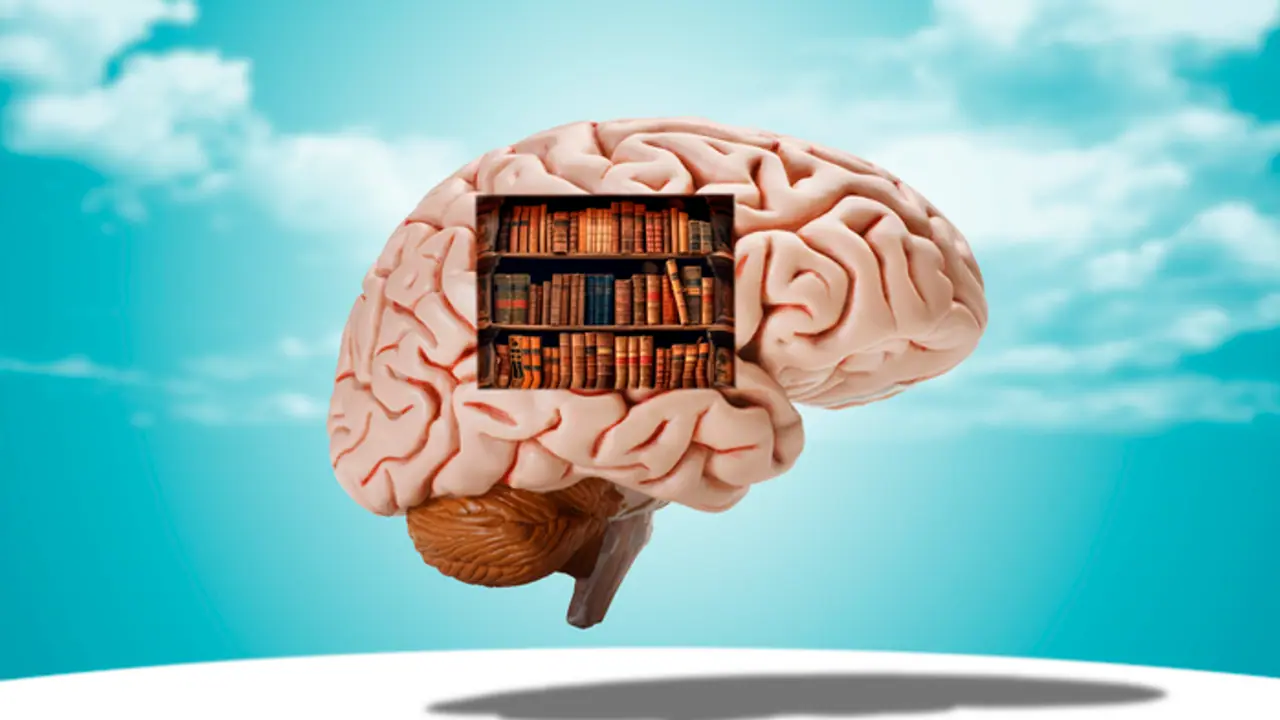The human brain has no hard memory limit. Memories are stored in patterns across many brain cells, not in isolated spots. We forget things not due to full memory, but because of selective storage.
Unlike phones or computers, brain does not run out of memory space. Experts say there's no meaningful limit to how much the brain can store.

According to Elizabeth Kensinger, a neuroscience professor at Boston College, memories help us understand the present, prepare for the future, and build on past learning, reports Live Science.
The brain stores memories using networks of brain cells called neurons. A memory doesn't sit in one place and it's spread out across many neurons in a pattern. This system is called 'distributed representation'.
How memories are stored
Think about the last birthday celebration you had. The cake's taste, the balloons' colour and the music, all of these are stored in different areas of your brain. Together, these parts form a memory. When you recall that party later, your brain reactivates this specific pattern.
Each neuron can take part in many different memories. That's how the brain stores so much information. Even if a few neurons get damaged, the memory might still be safe because it’s stored across a wide network.
Why we don't remember everything
If memory space isn't the problem, why do we forget things? Paul Reber, a professor at Northwestern University, explains that memory is slow. Life moves fast, and we only store a small part of what we experience. He suggests imagining memory as a camera that only records about 10% of the action.
What we do store goes through a process called consolidation. This turns short-term experiences into long-term memories.
We remember what's useful
Lila Davachi from Columbia University says memory evolved for survival, not perfect recall. We remember what helps us make decisions, avoid danger, and live better. That's why we may forget what we had for lunch last week but remember where we keep our house keys.
Over time, the brain starts keeping general patterns instead of small details. For example, you remember what your daily drive to work usually feels like but not each drive, unless something unusual happened.
Your brain is built for learning
The brain isn't just storing facts. It's picking what matters most and building knowledge from it. Kensinger explains that similar events get grouped together in the brain. That helps us learn from the past without wasting space.
So if you forget where you left your coffee today, don’t worry. Your brain is just doing its job, focusing on what truly matters.


